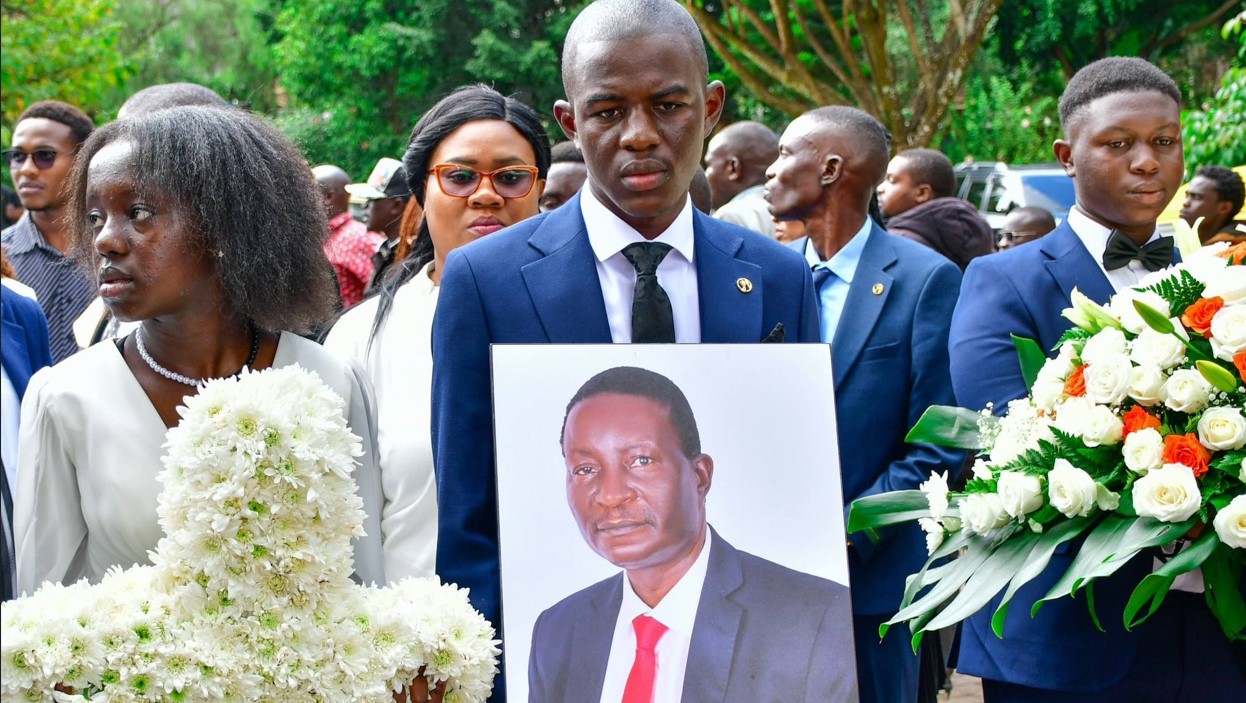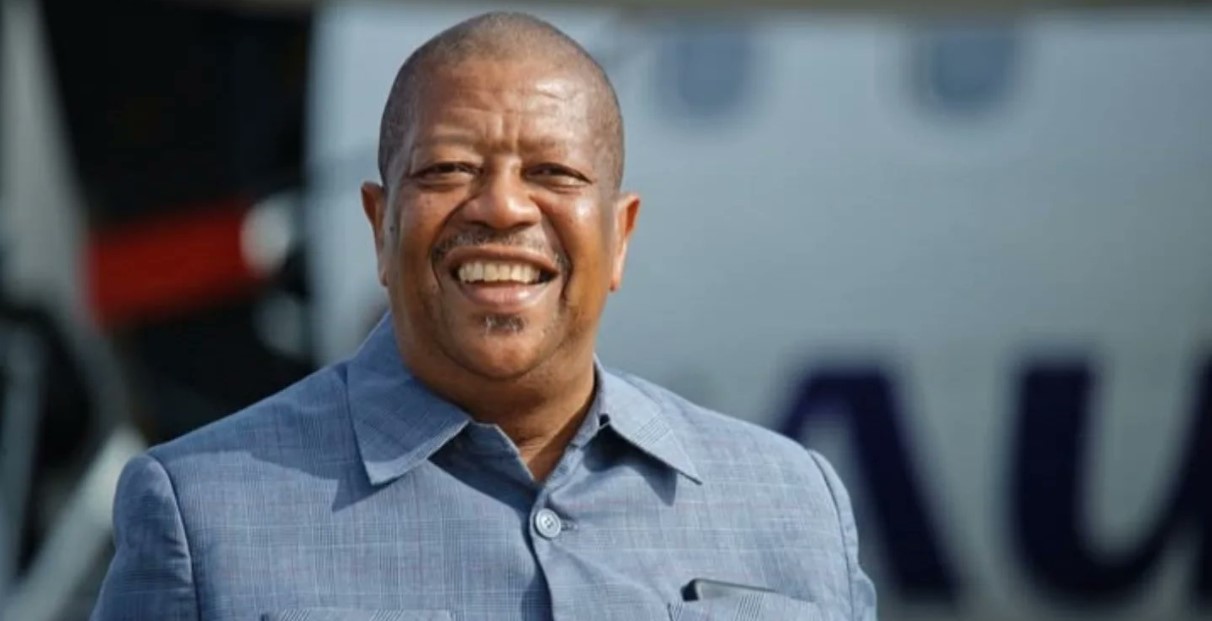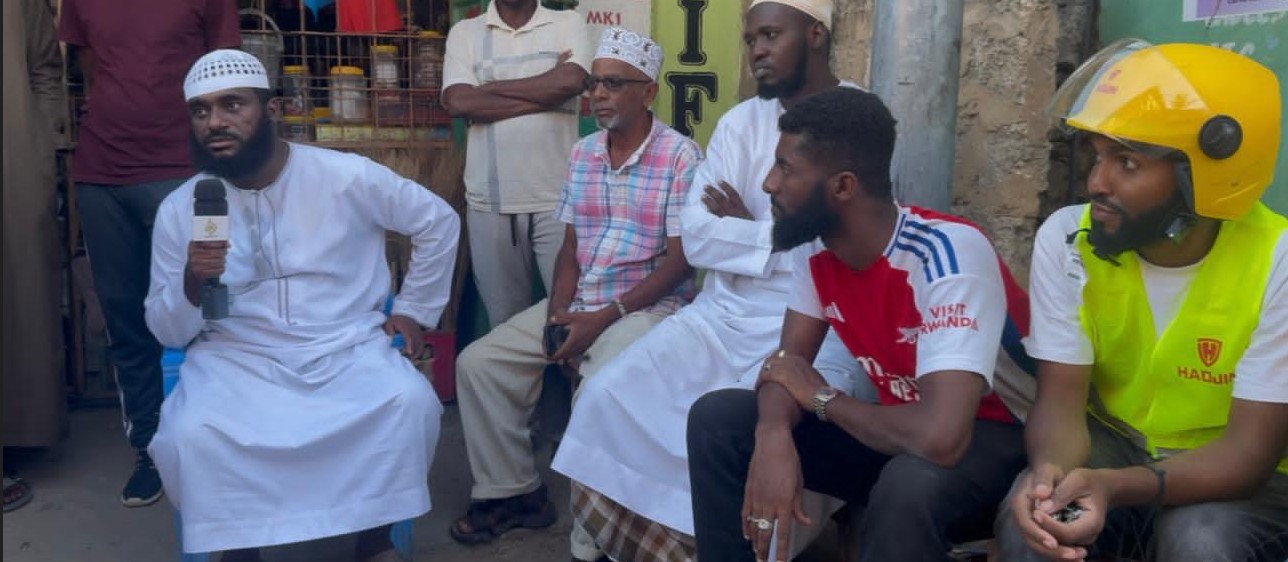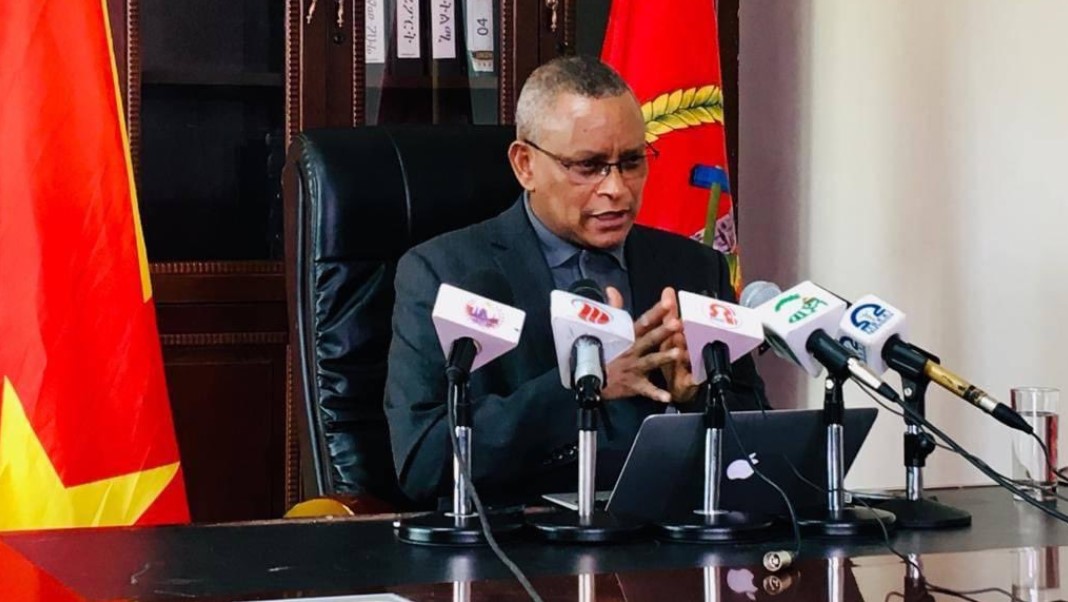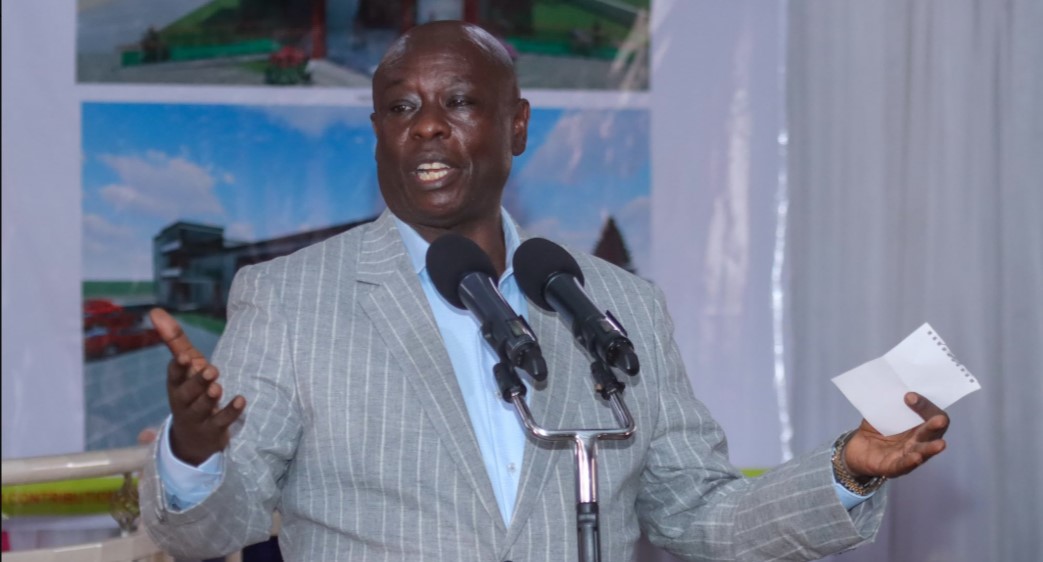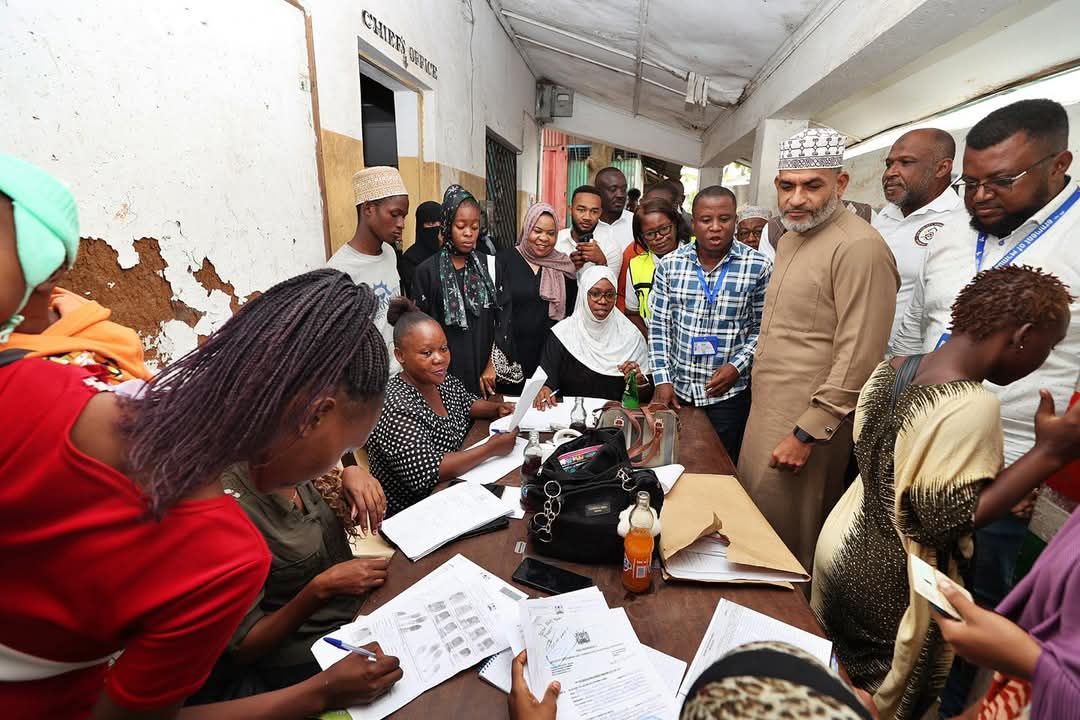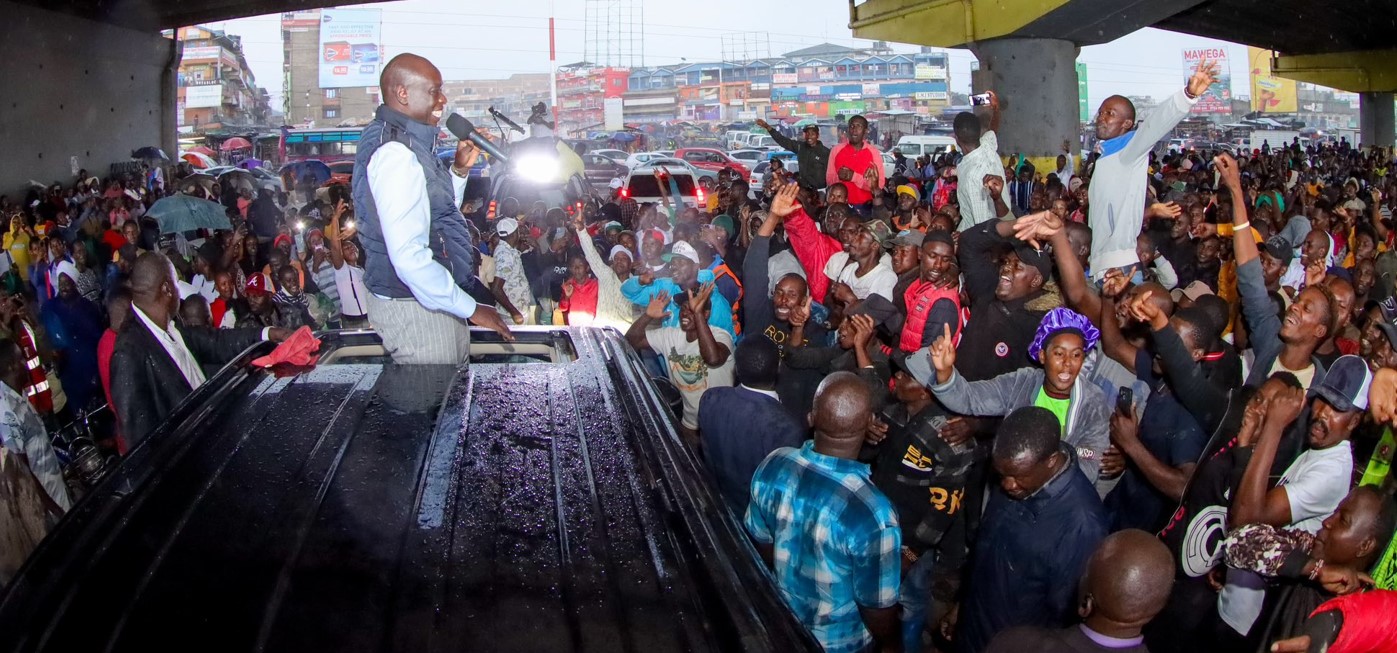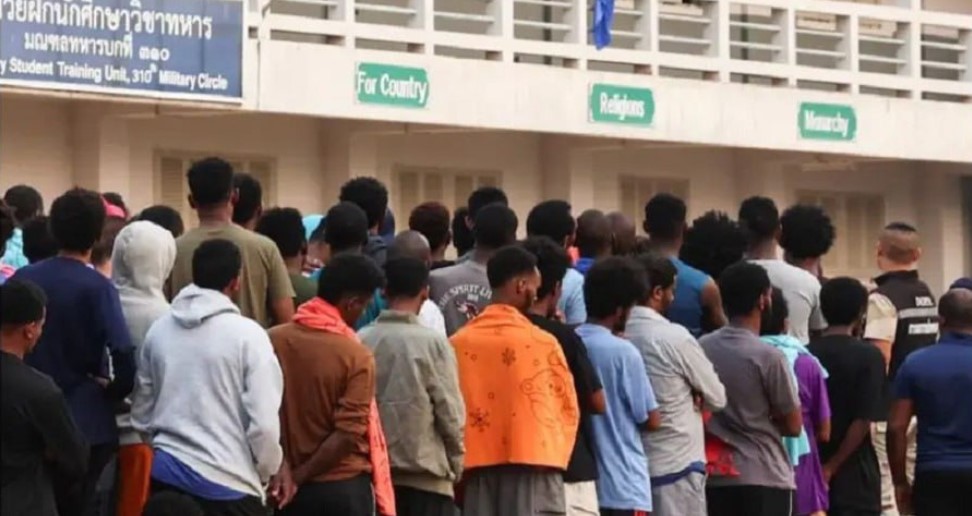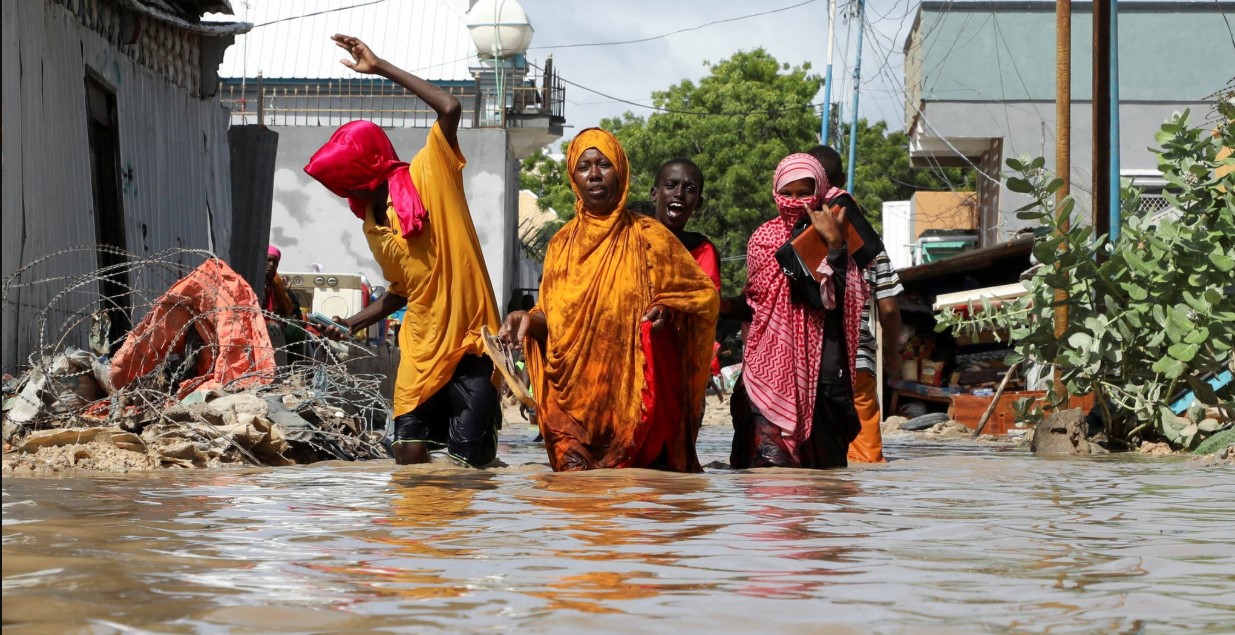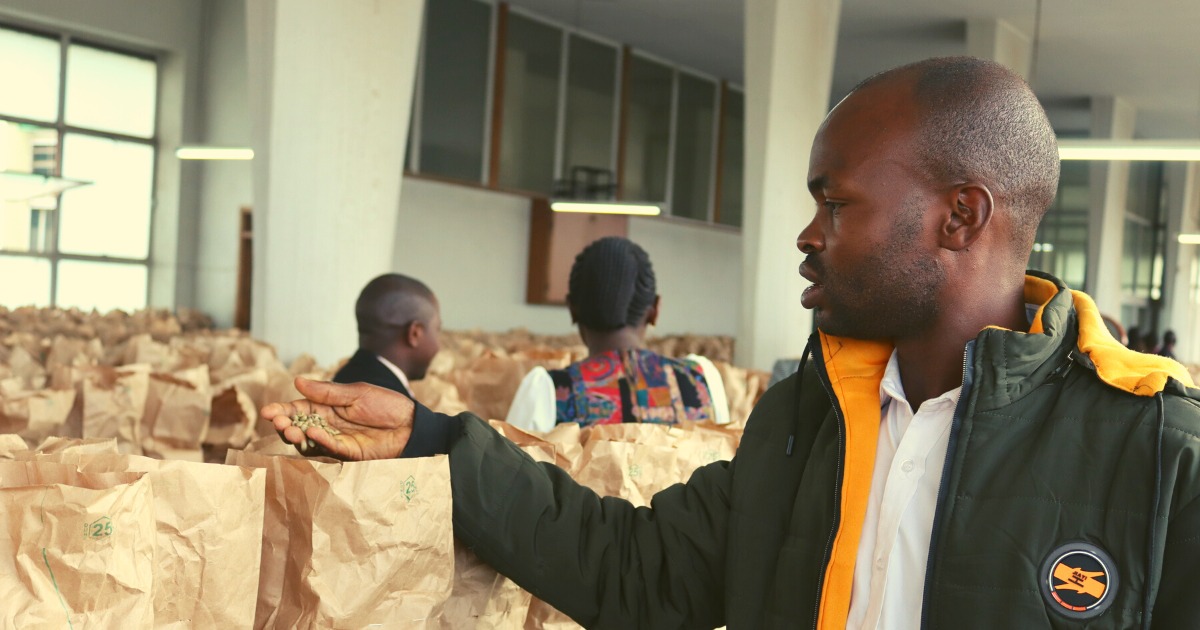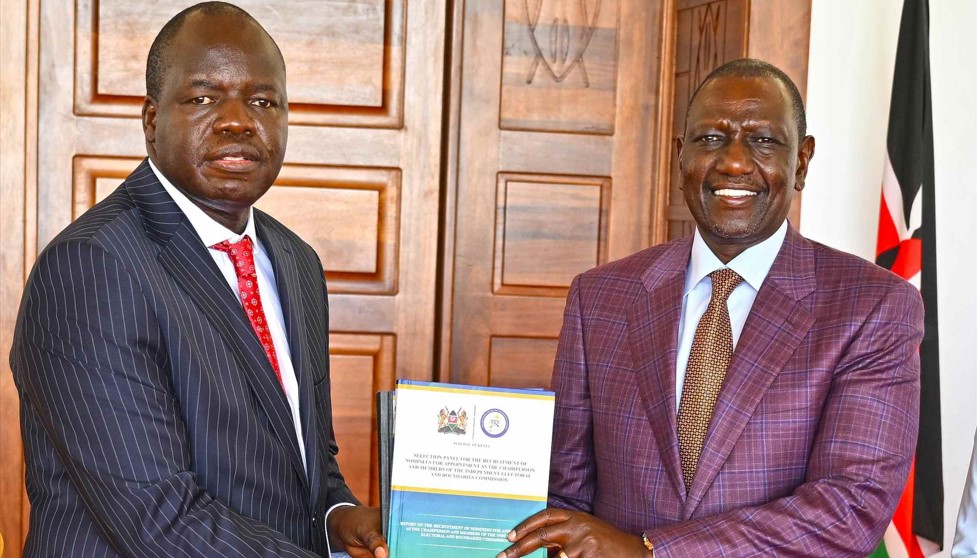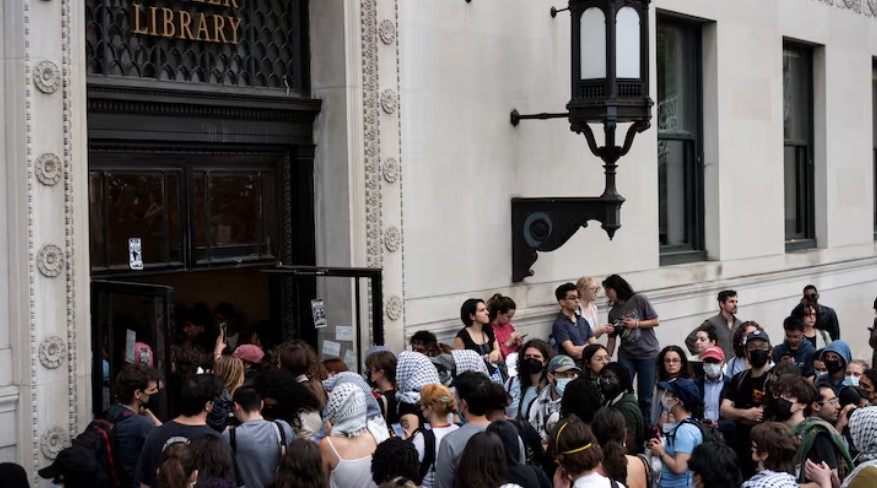Congo gold miner halts operations in tax dispute with M23 rebel administration

The decision highlights tensions over resource control in Congo's mineral-rich eastern regions, where M23 rebel advances have placed strategic mining assets under new administration.
Twangiza Mining, a gold miner operating in the rebel-controlled South Kivu Province in the eastern Democratic Republic of Congo, said it has been ordered to suspend operations by the rebel administration, according to a company-wide letter seen by Reuters.
The company informed employees of an immediate work stoppage in the letter dated May 8.
More To Read
- DRC and M23 rebels resume peace talks in Doha, sources say
- Returning farmers face land disputes, hardship in rebel-held eastern DR Congo
- Mine collapse in eastern Congo kills at least 10 people, rebel-appointed provincial governor says
- DR Congo, M23 rebels pledge to work towards peace after Qatar talks amid prisoner disputes
- Rwanda grants SADC troops safe passage from DR Congo conflict zone
- Clashes hit rebel-controlled Goma, largest city in east Congo
"Following directives from the new administration in place in South Kivu Province, Twangiza Mining is obliged to suspend its activities," the letter signed by General Director Chao Xianfeng said, adding that equipment and vehicles were being placed in standby mode.
The decision highlights tensions over resource control in Congo's mineral-rich eastern regions, where M23 rebel advances have placed strategic mining assets under new administration, creating uncertainty for international operators and commodity markets.
The rebels seized control of Congo's two mineral-rich eastern provinces earlier this year, and are solidifying their control over the captured territories.
Manu Birato, who was recently installed as M23 governor of the South Kivu Province, said Twangiza Mining must adapt to new regulations and pay taxes they have not been paying.
"We are in talks with them and showing them that from now on they must start paying taxes," Birato told Reuters.
"The country had received absolutely nothing in taxes from this company. The money went into private coffers," he said, adding that the administration had not ordered the shutdown of operations.
"We told them they had to start paying taxes. They are having a hard time adjusting to this new requirement, given that they were used to paying nothing," Birato said.
A spokesperson for Twangiza declined to comment on Birato's assertions.
Top Stories Today
